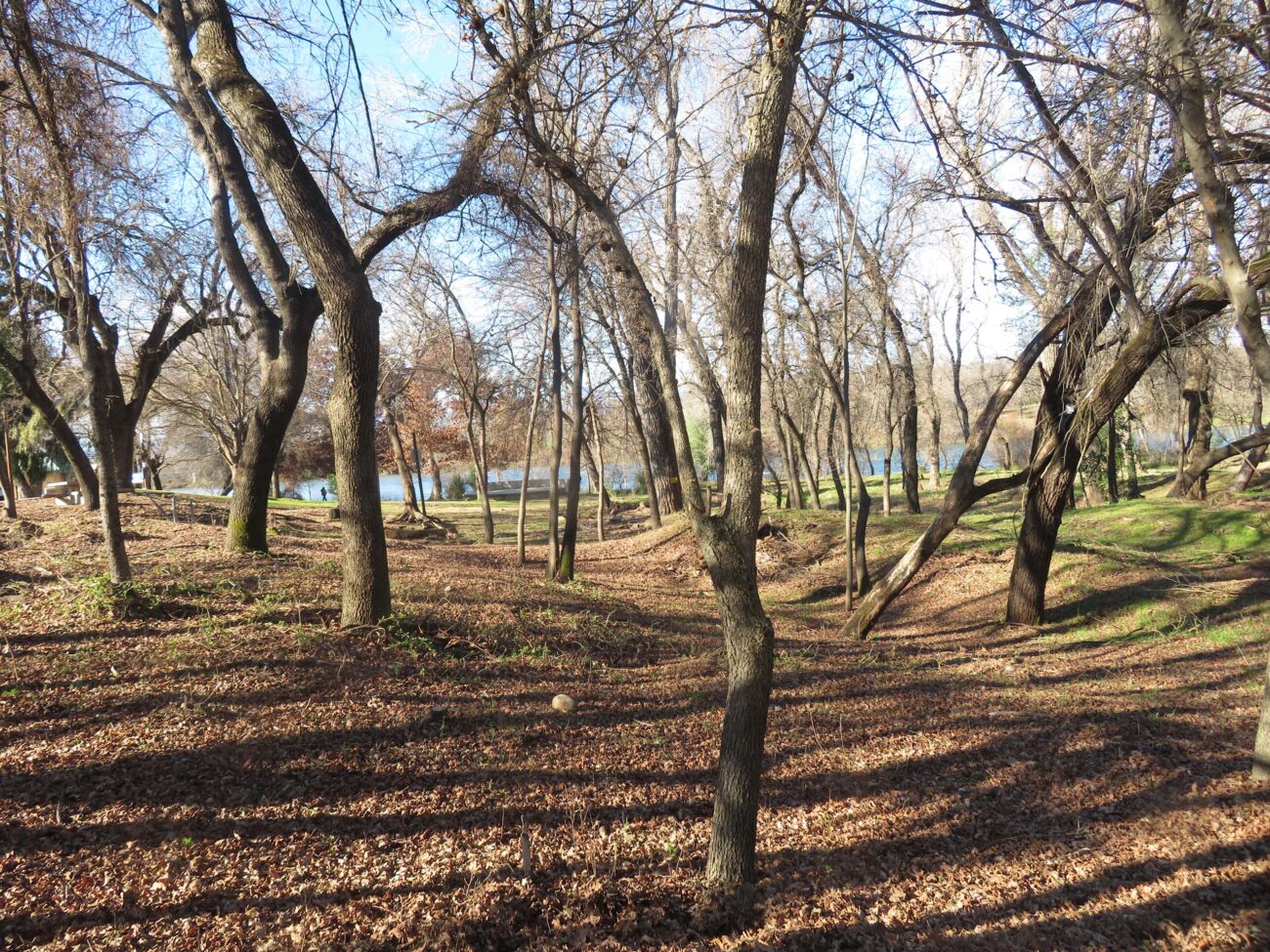
Habitat Loss at Turtle Bay
If you walk on the sidewalk towards the Sundial Bridge from the parking lot, you may notice that shrubbery is missing on the west side of the walkway. City crews are cutting more and more shrubs around the trails at Turtle Bay.
I used to lead many field trips on Turtle Bay grounds. We would identify the huge blue elderberry shrub, western redbud, California rose, and toyon that grew there. No more; they were cut to the ground, and one of the toyon shrubs was cut to look like a sickly small tree. On the Bird Sanctuary Loop, blackberries and other plants have been cut back about 4 feet. Near the east side of the museum, there was a white-leaved manzanita that I used to identify and explain its important attributes on my field trips. But no more—they cut that one down too.
What was the objective of all of this clearing? There is no fire hazard there: the river is on one side, and trail, sidewalk, and road on the other side, and a large lawn area on the upstream side. Plus, as close as the plants were to the river, they would have been difficult to burn with all the water in them. Nor have I ever seen anyone camping there; there is no homeless camping problem.
Unless policy changes, each time the City does maintenance, they will cut down another shrub or two, slowly but surely reducing habitat value.
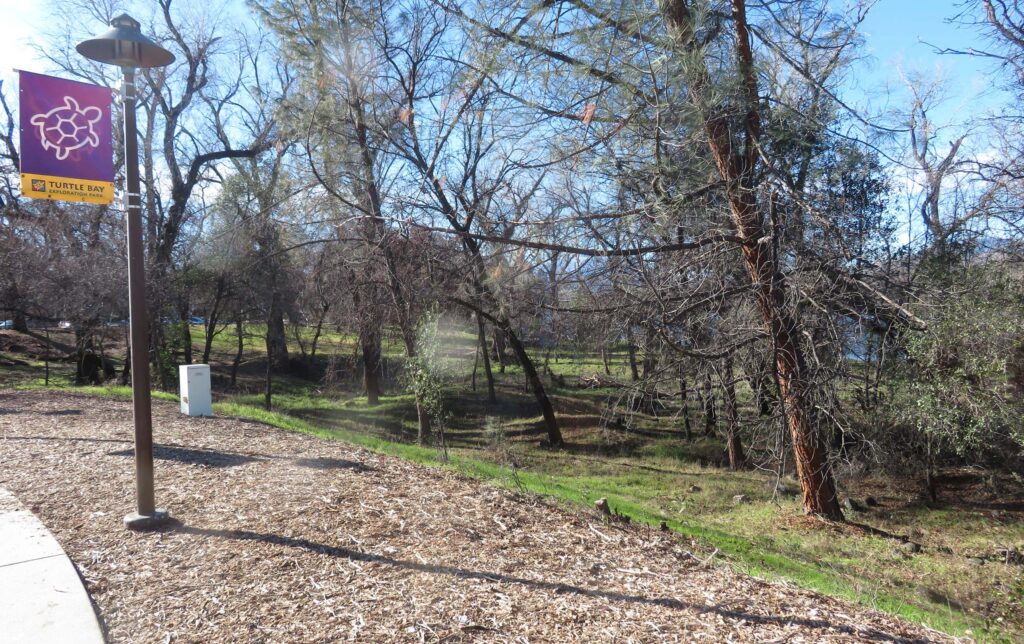
Hawes Amusement Center
Residents living near the proposed Hawes amusement park held a public meeting at the Anderson Grange on January 28, 2025, and Supervisors Matt Plummer and Corkey Harmon were present to hear their concerns. It was an educational session for many of the 60 or so people there, as many of the residents expressed their frustration with the noise, lights, traffic, and more from Hawes’ rock and country concerts and many other events. They stressed to the Supervisors that they aren’t opposed to the harvest festivals held there every year—it is the carnival noise, the concerts, the lights, the go-karts, and the traffic that they are opposed to. We must commend Plummer and Harmon for showing up at 6:30 PM as they had been at a Board of Supervisors meeting since 9 AM.
The Board of Supervisors public hearing regarding Hawes’ amusement park proposal is tentatively scheduled for February 25, 2025, but this seems to be a moving target. We will send out an action alert when we can confirm a meeting date.
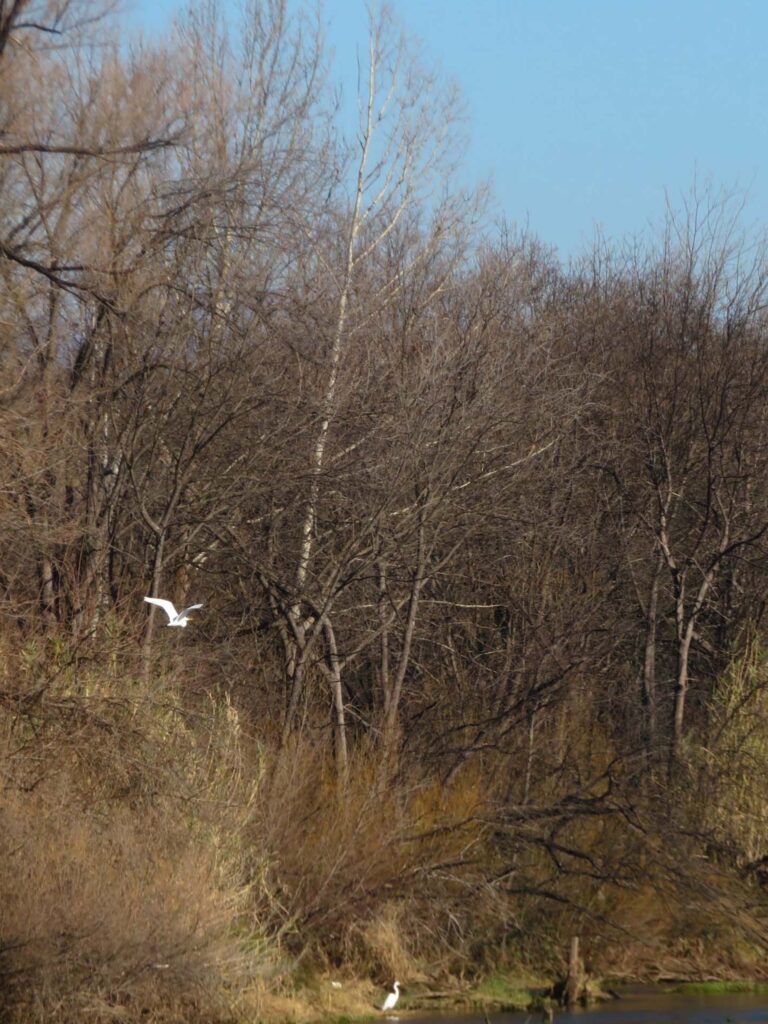
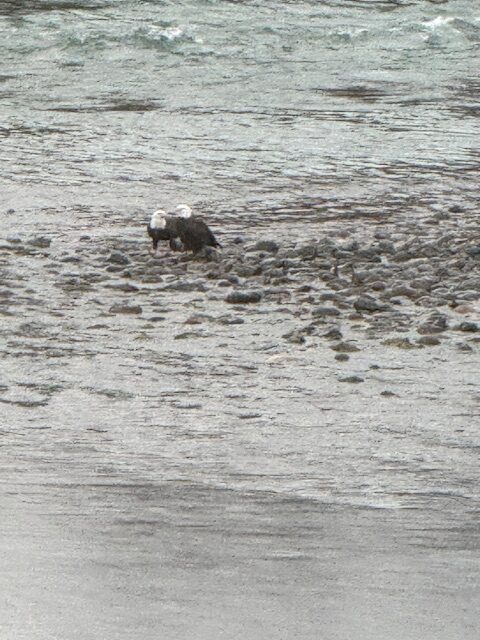
Proposed Wood Pellet Plant in Nubieber
The Shasta Chapter recently signed onto the state CNPS comment letter on the Draft Environmental Impact Report (DEIR) for the proposed Golden State Natural Resources wood pellet plant in Nubieber, in Lassen County, written by Brendan Wilce, CNPS Conservation Program Coordinator. Several of the major issues include:
- Increased carbon dioxide (CO2) emissions from the logging of trees, hauling them up to 100 mile away to the mill, the manufacture of the wood pellets, shipping them to Stockton, and then shipping them overseas, and burning them to produce electricity, in all releasing a higher amount of CO2 than it would if coal were burned.
- Reduced biodiversity from the pressures of removing more logs from the forest, competing with logging companies.
- Increased pollution in the air at the processing plant of not only PM10, and PM2.5 particulates, but other pollutants such as nitrogen oxide (NOx), and carbon monoxide (CO).
- Habitat loss from increased logging and the many associated logging roads that would be required.
Please read the CNPS comment letter: California Native Plant Society Comments on Golden State Natural Resources Forest Resiliency Demonstration Project.
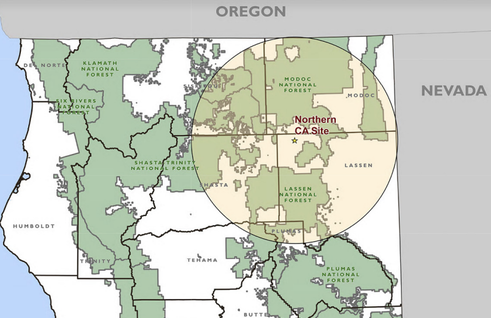
And for further conservation news, be sure to see Shasta Environmental Alliance’s February 2025 newsletter! ~David Ledger, Conservation Chair
